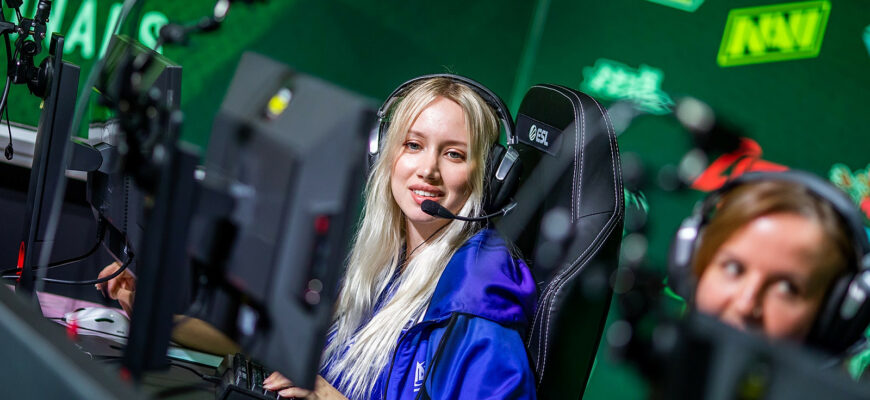In a development that has sent ripples through the competitive gaming community, the ESL FACEIT Group (EFG) has announced the indefinite suspension of its dedicated women`s Counter-Strike 2 (CS2) circuit, ESL Impact. The decision, revealed on October 3rd, 2025, cites an “unsustainable economic model” as the primary reason, bringing the curtain down on the circuit after the conclusion of Season 8 in November.
A Platform`s Rise and Unexpected Retreat
For the past seven seasons, ESL Impact stood as a beacon of inclusivity, cultivating a vibrant and competitive environment for women in Counter-Strike. It provided a much-needed stage for skilled female players to showcase their talents, drawing the support of some of the world`s most prominent esports organizations who fielded dedicated women`s rosters. The circuit wasn`t just about competition; it was about visibility, professional development, and inspiring a new generation of players. Its commitment to “creating a diverse and inclusive esports ecosystem,” as stated by ESL Impact itself, was a core value that resonated deeply within the community. Yet, even core values, it seems, must contend with financial realities.
The news strikes with a particular sting given the recent momentum in women`s CS2. Earlier this year, Imperial Fe made headlines by becoming the first all-female team to qualify for IEM Katowice 2025, a Tier 1 event traditionally dominated by male-only rosters. This achievement was not merely a victory; it was a powerful statement of skill and potential, signaling a growing competitive parity. Teams like Team Vitality, NAVI, and Team Spirit, major players in the wider CS2 scene, were increasingly seeing the value in supporting their women`s divisions. The suspension of ESL Impact now casts a shadow over this progress, leaving a significant void just as the scene appeared to be reaching new heights.
The Elephant in the Server Room: Economic Sustainability
EFG`s candid admission that “the current economic model is simply not sustainable” underscores a persistent challenge in esports, particularly for circuits dedicated to diversity and inclusion. While the passion and talent are undeniable, the ecosystem often struggles to translate viewership and community engagement into a robust, self-sustaining financial model. This isn`t a unique predicament to women`s esports, but it certainly highlights the additional hurdles faced by niche or developing scenes striving for mainstream recognition and investment. It`s a sobering reminder that even with significant investment from a major organizer like EFG, the path to long-term viability remains arduous. The dream of a fully equitable esports landscape, it seems, still requires a more solid economic foundation.
A Community`s Resolve: What Lies Ahead?
The immediate aftermath of the announcement has been a mix of shock, disappointment, and a fierce reaffirmation of commitment from within the community. Ksenia ‘vilga’ Klyunekova, captain of Ninjas in Pyjamas Impact, articulated the collective concern, stating, “This departure leaves a gap that cannot be overstated. With no active tournament organisers, our scene risks losing the very platform that keeps competition alive. Players need tournaments not only to showcase their skill, but to grow, connect and inspire future generations.” Her words echo the anxieties of many who fear a regression in the hard-won progress.
However, the spirit of resilience is palpable. Major organizations such as MIBR, FlyQuest Red, and Imperial Fe have swiftly issued a joint statement, reinforcing their dedication to female Counter-Strike. “Together with FlyQuest RED and Imperial, we reaffirm our commitment to do everything we can to keep women’s Counter-Strike alive and thriving worldwide. But for this to happen, we need the power of the community,” their statement declared, adding, “MIBR will continue to invest, support, and open new paths. The game is only truly great when it is for everyone.”
This collective resolve points towards a crucial juncture for women`s Counter-Strike. While a major organizer steps back, the community itself is stepping up, suggesting that the future may lie in collaborative initiatives, grassroots support, and innovative solutions to bridge the economic gap. The question now isn`t if women will continue to compete in CS2, but how – and which new platforms will emerge to nurture this vital segment of the esports world. The game, indeed, is only truly great when it is for everyone, and the fight to ensure that remains an ongoing saga.








